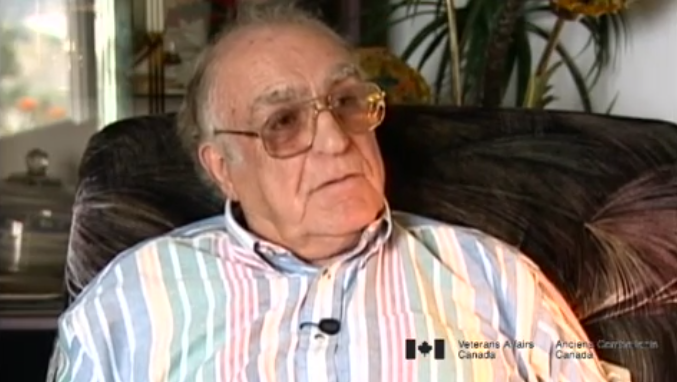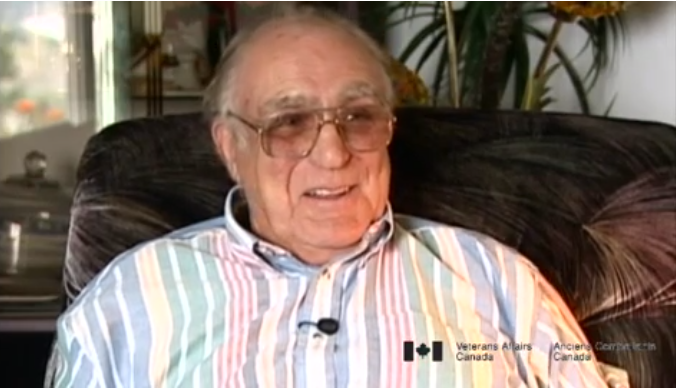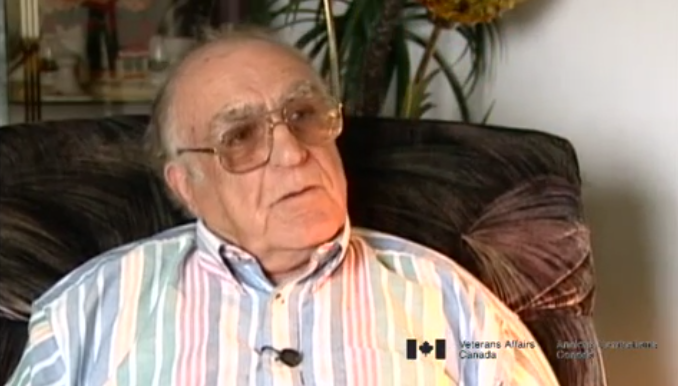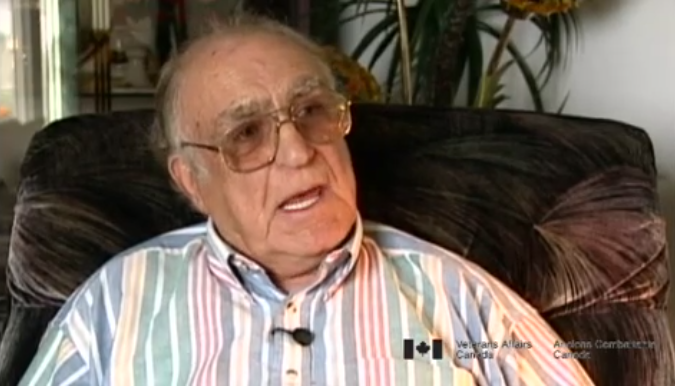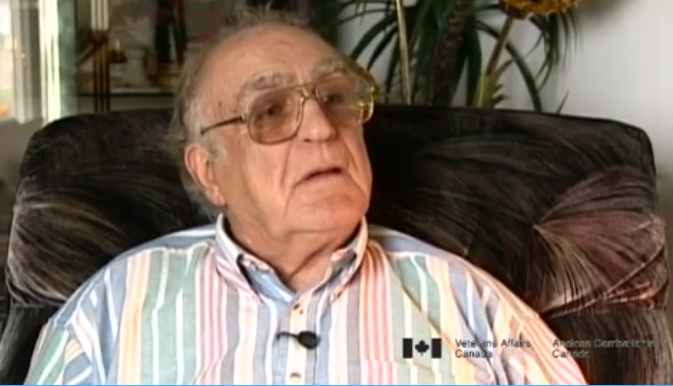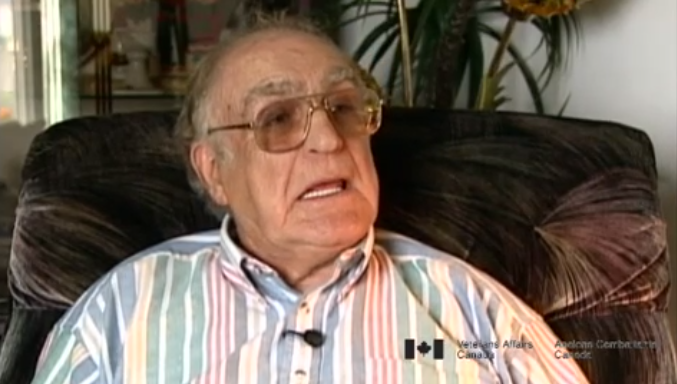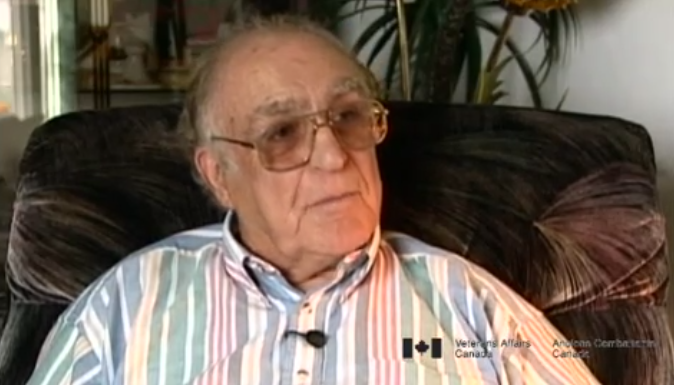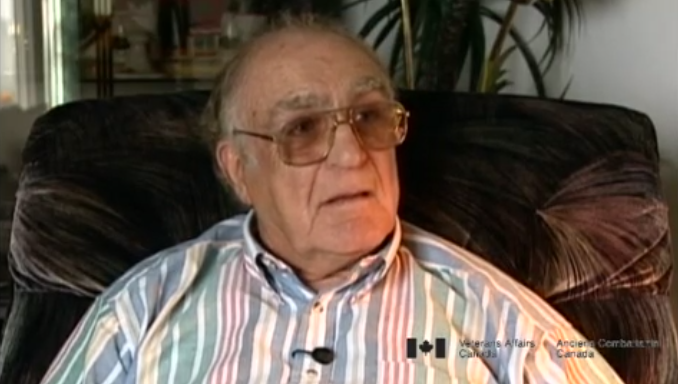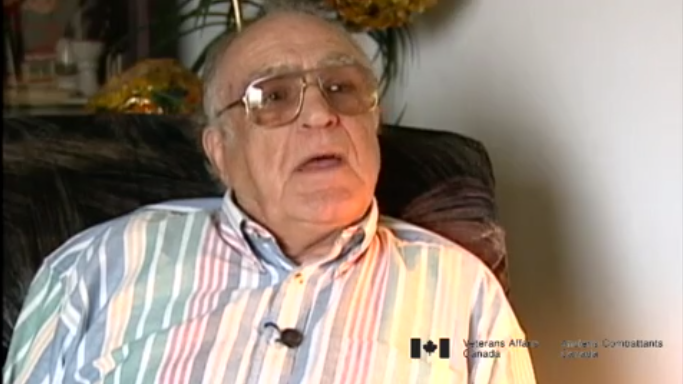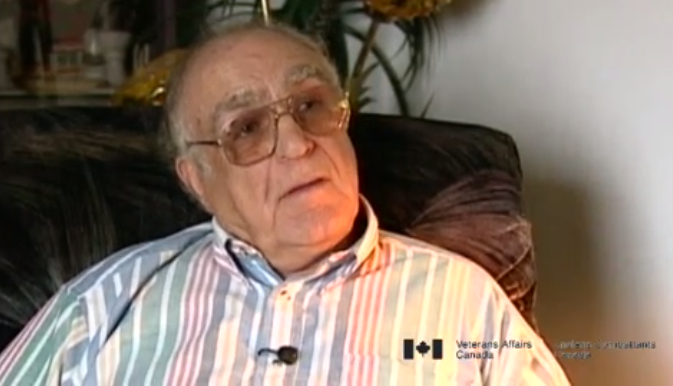We Used a Mirror ‘til They Found Us
Heroes Remember
We Used a Mirror ‘til They Found Us
Transcript
Description
Mr. MacWhirter describes his sense of Japan’s approaching defeat, changes in the guard structure, and the good and bad results of the American supply drop.
William MacWhirter
William MacWhirter was born in Niagara Falls, New York, USA, on January 10, 1924. He was one of five brothers. During the depression, his family returned to Hopetown, Quebec, where he completed grade 8 in school. By 1939, his father, a First World War Veteran, had joined the Veterans Guard and two older brothers had enlisted; William became head of the family farm at the age of fifteen. He eventually enlisted in New Carlyle at the age of seventeen. His basic training took place in Val Cartier and St. John, and as a member of the Royal Rifles, D Company, he was deployed to Hong Kong. After a futile attempt to defend the colony, William joined many other captives in the dismal North Point and Sham Shui Po POW camps. He was eventually sent to the labour camp at Omini, Japan. He returned home safely, but he has paid a heavy price, physically and emotionally. He remains, however, an ardent patriot.
Meta Data
- Medium:
- Video
- Owner:
- Veterans Affairs Canada
- Duration:
- 3:30
- Person Interviewed:
- William MacWhirter
- War, Conflict or Mission:
- Second World War
- Location/Theatre:
- Japan
- Battle/Campaign:
- Hong Kong
- Branch:
- Army
- Units/Ship:
- Royal Rifles of Canada
Related Videos
- Date modified:



